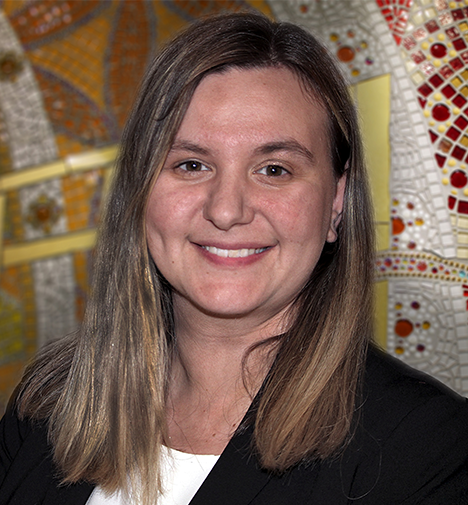Dr. Chiara Acquati Named High Priority Area Research Seed Grant Recipient
Dr. Chiara Acquati was awarded a High Priority Area Research Seed Grant to assess the feasibility and acceptability of eCARE (Ellipsis Caregiver Assessment Enhancement), a mobile Artificial Intelligence (AI)-enabled tool for monitoring depression and anxiety among racial and ethnic minority cancer caregivers.

“This project strongly aligns with the mission of the Graduate College of Social Work and is centered on achieving social justice. By addressing health disparities and enhancing access to care for cancer caregivers from minoritized communities, the project exemplifies the college's commitment to creating more equitable healthcare environments,” said Dr. Acquati.
The collaboration between researchers from the Graduate College of Social Work, Ellipsis Health and the Kelsey Research Foundation made this project possible. Serving as the principal investigator (PI), Dr. Acquati led a multidisciplinary team with expertise in psycho-oncology, AI-enabled mental health assessment and community engagement. Dr. Michael Aratow, chief medical officer and co-founder of Ellipsis Health, contributed expertise in AI technology and app development, while Ms. Ashley Alexander, president and CEO of the Kelsey Research Foundation, facilitated collaborations with healthcare providers, oncology social workers and community programs for cancer caregivers, enhancing the project's capacity to develop and implement effective interventions tailored to their needs.
The impact of this study extends beyond academic advancements, offering tangible contributions to policy, practice and community well-being. By addressing health disparities, leveraging technology and fostering interdisciplinary collaboration, the project has the potential to create lasting positive changes in psychosocial care delivery in oncology.